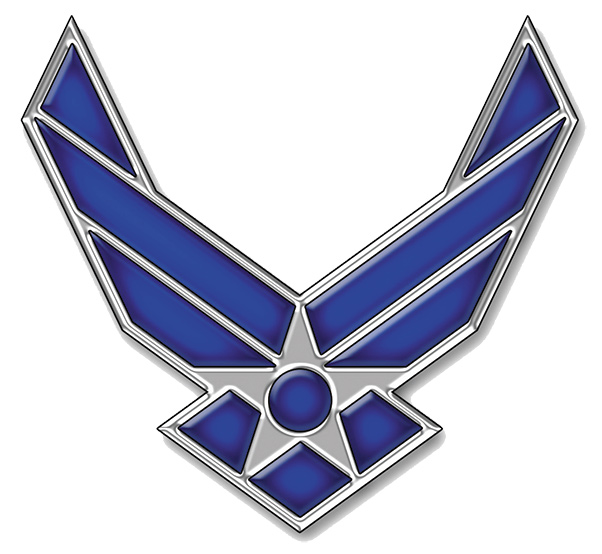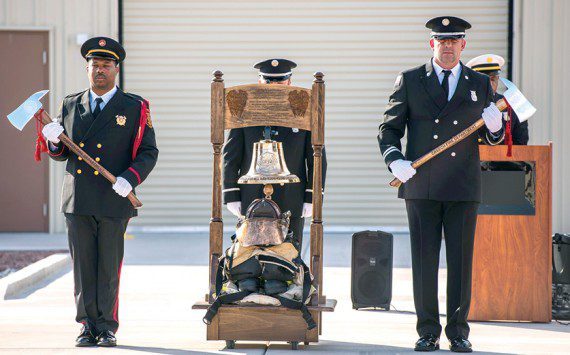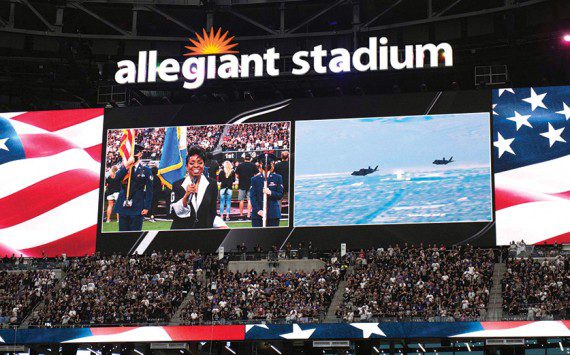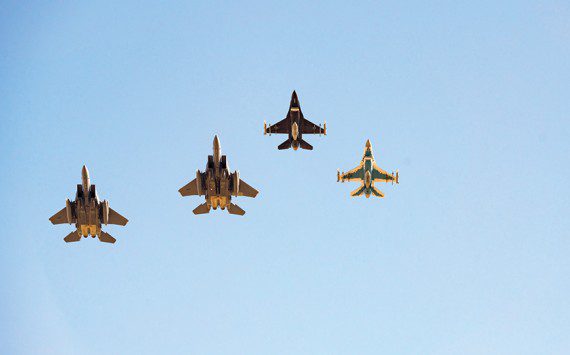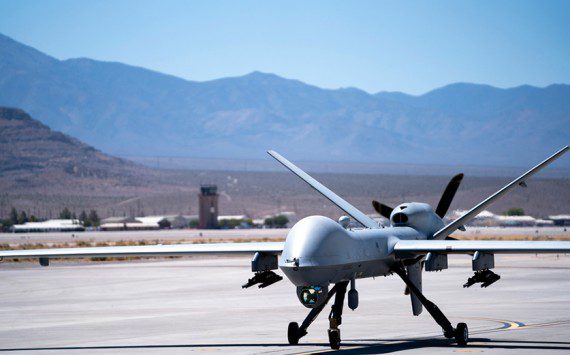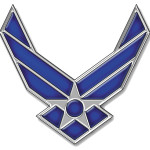
TRAVIS AIR FORCE BASE, Calif. — There is not a more important position in our Air Force than that of a supervisor, but just being put in charge of personnel is not enough.
Our official approach of a supervisor’s responsibility is to influence his or her followers to perform an action, complete a task, or behave in a specific manner, but there is so much more.
If you are going to become an effective leader or supervisor in our Air Force, you must consistently grow, develop, lead and push your Airmen out of their comfort zones to make them better. This all starts with customizing your communication methods to connect with each individual differently and if you want to achieve that, you need to stop trying to use your gym locker combination to open them up. Dialing right 14, left 27, right eight on every locker combination in the gym is only going to get you into your locker.
All of our Airmen have differences in personalities, hopes, aspirations and dreams. Each will respond differently to motivators — much like your gym locker only responds to its own combination. As a new technical sergeant I was given the opportunity to lead 64 loadmasters while our superintendent deployed for 120 days. Right before he left, he gave me a simple crash course on the importance of being an “effective leader.” He listed off a few names and asked me what I thought made each of them tick. Before I could get through the second name, he cut me off and said, “Mike, you have to know how to communicate with your Airmen. You are giving me the same combination — the combination that works for you, but it doesn’t work for everyone else.”
He went on to explain that if I was to get the most from my Airmen, I would have to crack their safes. Since that simple 15-minute conversation, I have always invested the time necessary to alter my communication styles to get to know each Airman in my squadron.
Though I have used the word “simple” to describe this model several times now, it is by no means “simple” in practice. Every person has a different reason for joining the Air Force. Your challenge as a supervisor is to personalize your communication methods to help tie their goals to improving your squadron and our Air Force.
Supervisor responsibilities are not given to individuals to make the mission better, they’re given to make people better and in turn, the mission will take care of itself. Remember, it is not your Airman’s responsibility to open up to you when he or she doesn’t recognize the combination you are dialing. You have to crack their safe and in order to achieve that, it all starts with altering your communication methods to get them to disclose their combination to you.






